Intro
Discover the ultimate Thyroid Gland Test Guide, covering thyroid function tests, hormone levels, and diagnosis, including TSH, Free T4, and T3 tests, to help manage hypothyroidism and hyperthyroidism symptoms.
The thyroid gland is a vital organ that plays a crucial role in regulating various bodily functions, including metabolism, energy production, and growth. Located in the neck, the thyroid gland produces hormones that help control the body's metabolic rate, influencing how the body uses energy. With the increasing prevalence of thyroid-related disorders, it is essential to understand the importance of thyroid gland tests and how they can help diagnose and manage thyroid conditions.
Thyroid gland tests are medical procedures used to assess the function and health of the thyroid gland. These tests can help diagnose thyroid disorders, such as hypothyroidism (underactive thyroid) and hyperthyroidism (overactive thyroid), as well as monitor the effectiveness of treatment. With the advancements in medical technology, thyroid gland tests have become more accurate and efficient, enabling healthcare professionals to provide timely and effective interventions.
The importance of thyroid gland tests cannot be overstated, as thyroid disorders can have significant impacts on an individual's quality of life. Untreated thyroid conditions can lead to a range of symptoms, including fatigue, weight changes, mood disturbances, and hair loss. By undergoing thyroid gland tests, individuals can receive an accurate diagnosis and appropriate treatment, helping to alleviate symptoms and prevent long-term complications.
Introduction to Thyroid Gland Tests
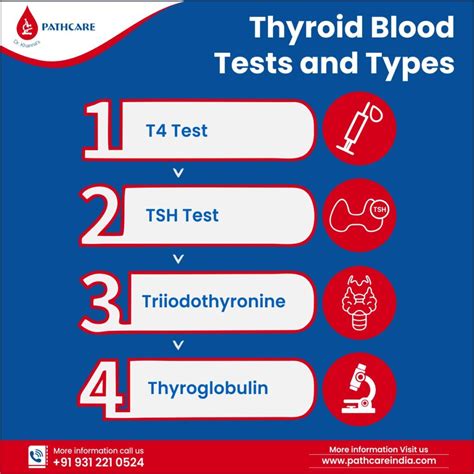
Thyroid gland tests are typically performed to evaluate the levels of thyroid hormones in the blood. The most common thyroid gland tests include the Thyroid-Stimulating Hormone (TSH) test, Free Thyroxine (FT4) test, and Free Triiodothyronine (FT3) test. These tests can help diagnose thyroid disorders, monitor treatment effectiveness, and adjust medication dosages as needed.
Types of Thyroid Gland Tests
Thyroid gland tests can be categorized into several types, including: * Blood tests: These tests measure the levels of thyroid hormones in the blood, including TSH, FT4, and FT3. * Imaging tests: These tests use radioactive iodine or other substances to visualize the thyroid gland and assess its function. * Biopsy: This test involves removing a small sample of thyroid tissue for examination under a microscope.Preparation for Thyroid Gland Tests
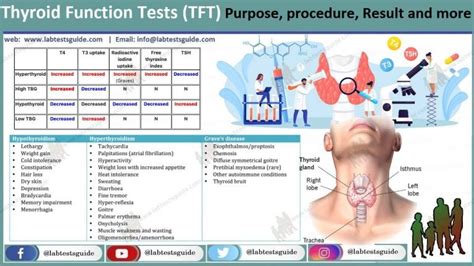
Before undergoing thyroid gland tests, individuals should prepare by:
- Fasting for a specified period, usually 8-12 hours, to ensure accurate test results.
- Avoiding certain medications, such as thyroid supplements or iodine-containing products, that may interfere with test results.
- Informing their healthcare provider about any medical conditions, allergies, or concerns.
What to Expect During Thyroid Gland Tests
During thyroid gland tests, individuals can expect: * A blood sample to be taken from a vein in the arm, which may cause minor discomfort or bruising. * A radioactive iodine uptake test, which involves swallowing a small amount of radioactive iodine to assess thyroid function. * A thyroid ultrasound or other imaging test, which uses high-frequency sound waves to visualize the thyroid gland.Interpreting Thyroid Gland Test Results
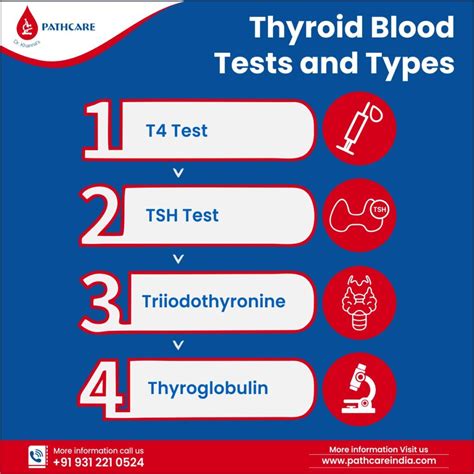
Thyroid gland test results can be complex and require interpretation by a healthcare professional. The results may indicate:
- Normal thyroid function: TSH, FT4, and FT3 levels within the normal range.
- Hypothyroidism: Elevated TSH levels and decreased FT4 and FT3 levels.
- Hyperthyroidism: Decreased TSH levels and increased FT4 and FT3 levels.
- Thyroid nodules or cancer: Abnormal test results may indicate the presence of thyroid nodules or cancer, which require further evaluation and treatment.
Treatment Options for Thyroid Disorders
Treatment options for thyroid disorders depend on the underlying condition and may include: * Medications: Thyroid hormone replacement therapy for hypothyroidism or anti-thyroid medications for hyperthyroidism. * Radioactive iodine therapy: To destroy part or all of the thyroid gland in cases of hyperthyroidism or thyroid cancer. * Surgery: To remove thyroid nodules or cancerous tissue.Managing Thyroid Disorders
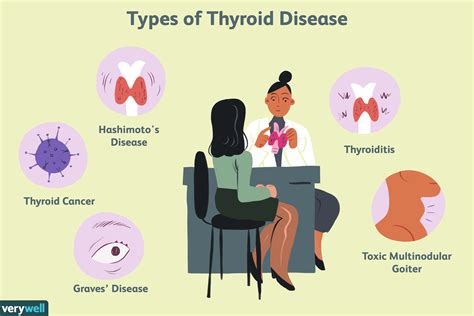
Managing thyroid disorders requires a comprehensive approach, including:
- Regular monitoring of thyroid hormone levels and adjustment of medication dosages as needed.
- Lifestyle modifications, such as maintaining a healthy diet, exercising regularly, and managing stress.
- Regular follow-up appointments with a healthcare provider to monitor treatment effectiveness and address any concerns.
Diet and Nutrition for Thyroid Health
A balanced diet rich in essential nutrients can help support thyroid health. Key foods for thyroid health include: * Iodine-rich foods: Iodized salt, seaweed, and dairy products. * Selenium-rich foods: Brazil nuts, fish, and turkey. * Omega-3 fatty acids: Fatty fish, flaxseeds, and walnuts.Thyroid Gland Test FAQs
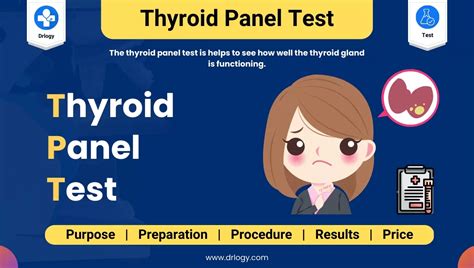
What is the purpose of thyroid gland tests?
+Thyroid gland tests are used to evaluate the function and health of the thyroid gland, diagnose thyroid disorders, and monitor treatment effectiveness.
How often should I undergo thyroid gland tests?
+The frequency of thyroid gland tests depends on individual factors, such as age, medical history, and underlying thyroid conditions. Consult with a healthcare provider to determine the best testing schedule.
Can thyroid gland tests detect thyroid cancer?
+While thyroid gland tests can indicate the presence of thyroid nodules or abnormalities, they may not definitively diagnose thyroid cancer. Further evaluation, such as a biopsy, may be necessary to confirm a cancer diagnosis.
In conclusion, thyroid gland tests play a vital role in diagnosing and managing thyroid disorders. By understanding the importance of these tests and how they work, individuals can take an active role in maintaining their thyroid health. If you have concerns about your thyroid health or would like to learn more about thyroid gland tests, consult with a healthcare provider or share this article with others to raise awareness about the importance of thyroid health.
